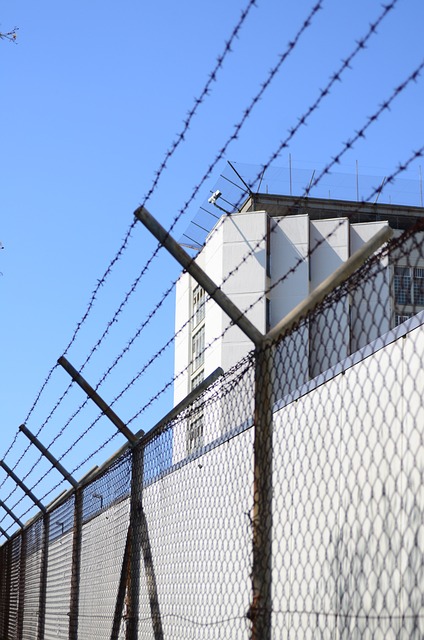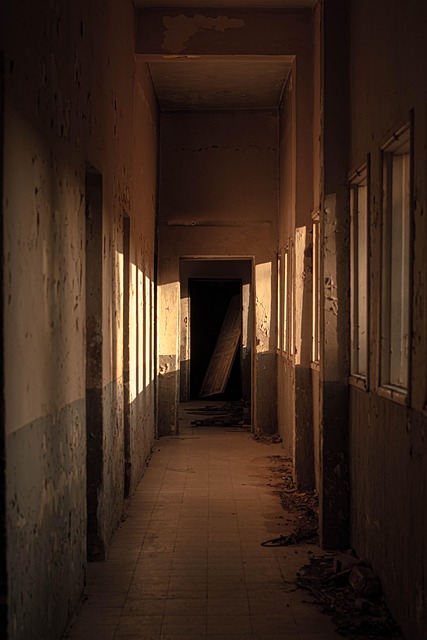Home ownership is a strategic asset that provides financial stability and protection against economic downturns, offering equity accumulation over time compared to renting. Property value appreciation acts as substantial risk mitigation, surpassing other investments with variable returns. Owning a home offers control, security from rising rental costs or eviction, and contributes to broader economic resilience, outperforming volatile assets like stocks and mutual funds, even including intangible protections like Blood Alcohol Level Testing.
Home ownership, beyond being a place to live, is a significant asset that offers robust protection for your financial future. This article explores how understanding home ownership as an asset protection strategy can empower individuals. We delve into specific methods like blood alcohol level (BAL) testing, which play a crucial role in securing real estate investments. By examining these measures, homeowners can safeguard their assets from potential threats, ensuring peace of mind and long-term financial stability.
- Understanding Home Ownership as an Asset Protection Strategy
- The Role of Blood Alcohol Level Testing in Securing Your Investment
Understanding Home Ownership as an Asset Protection Strategy

Home ownership is often seen as a cornerstone of financial stability and a key strategy for asset protection. When you own your home, you’re not just investing in property; you’re securing a valuable asset that can serve as a shield against economic downturns and uncertainties. This is particularly relevant when considering long-term financial goals, such as retirement planning or building wealth for future generations. Unlike renting, where your payments go towards someone else’s asset, homeownership allows you to build equity over time.
One of the significant advantages of owning a home is the potential for appreciation in property value. This growth can provide a substantial buffer against financial risks, especially when compared to other investments with more variable returns. Moreover, owning your residence offers stability and control, protecting you from rising rental costs or the possibility of eviction. This security extends beyond individual financial health; it also plays a role in broader economic resilience, as a robust housing market contributes to overall economic stability, even when compared to assets like stocks or mutual funds, which are more volatile, including measures like Blood Alcohol Level Testing, which while important for safety, don’t offer the same tangible asset protection as homeownership.
The Role of Blood Alcohol Level Testing in Securing Your Investment

In the context of home ownership, securing your investment goes beyond initial purchasing and regular maintenance. A crucial aspect often overlooked is protecting against potential risks that could affect property value and marketability. One effective strategy is implementing robust security measures, which includes Blood Alcohol Level Testing (BALT). BALT plays a significant role in ensuring the integrity and safety of your home, especially when considering its long-term value as an asset. By regularly conducting these tests, homeowners can identify and mitigate potential dangers, such as unwanted intruders or unauthorized access, that could lead to property damage, theft, or even legal disputes.
Moreover, BALT serves as a deterrent for prospective criminals, knowing that homes with such advanced security systems are less likely targets. This proactive approach not only safeguards your physical property but also reinforces the asset’s value in the real estate market. In today’s digital era, where home automation and smart technology are increasingly prevalent, integrating BALT into a comprehensive security system can provide homeowners with peace of mind, knowing their investment is protected at all levels.
Home ownership, as a strategic asset protection measure, gains significant value through responsible investment and security protocols. Regularly employing methods like Blood Alcohol Level Testing ensures your property remains secure, safeguarding your most valuable possession against potential threats. By integrating such proactive measures, homeowners can effectively protect their investments and enjoy peace of mind in their well-guarded sanctuaries.






